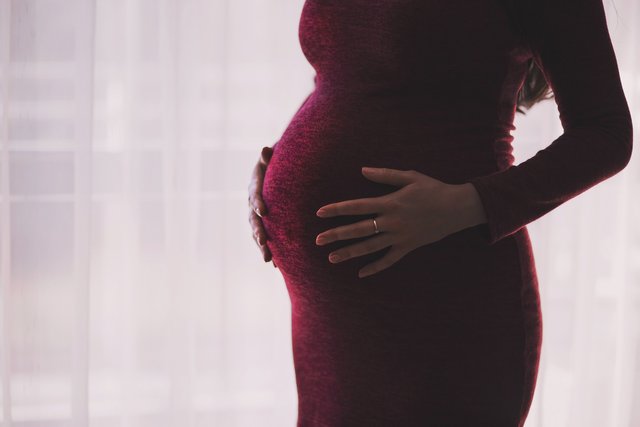What Happens to the Fetus When Pregnant Mom Cries?

Everyone would crave a smooth and happy pregnancy. However, due to hormonal changes and various psychological distress, at one point pregnant women can be sad as well. Then what will happen if pregnant women cry? Is it true that the fetus in the womb can feel her mother's sadness? Here's the explanation:
Impact For Infants In Gynecology When Pregnant Women Cry
Foods that mothers eat when pregnant can directly affect the fetus. Why so? The nutrients the mother gets when eating will be channeled to the fetus through the umbilical cord. So whether the mother's emotions also affect the state of the fetus? A study from the Association for Psychological Science found that a six-month-old fetus could feel the impact of the emotions that a mother feels during pregnancy.
Crying is a form of emotion. This activity can be caused by various things. For example, touched when happy to sad when the stress comes. In other words, crying is common to anyone and can happen to a pregnant woman.
Experts argue that once-once-occurring stress is normal and will not have any effect on the fetus it contains. However, the emotions that occur repeatedly, continuously, and prolonged it can affect the baby it contains. The reason, when pregnant women crying constantly, you can just experience severe stress, anxiety symptoms, to depression.
When pregnant women stress, the body will produce stress hormones. This hormone will also flow to the fetus in the womb through the placenta. The more often the stress, the more stress hormones are generated and more and more hormones will be channeled to the fetus. The fetus that continues to get stress hormones can then experience chronic stress. In fact, development in the womb is a very important period because the development of the nervous system occurs. Unbalanced hormones can bother this developmental process.
In addition to directly affecting the stress hormone that is passed on to the baby through the umbilical cord, pregnant women who are depressed can also affect the fetus indirectly. In the Baby Center, it is said that depressed mothers will experience a variety of symptoms that are quite risky for infant and uterine health. For example the mother of sleeplessness, decreased appetite, difficulty concentrating, and feel weak as energy run out.